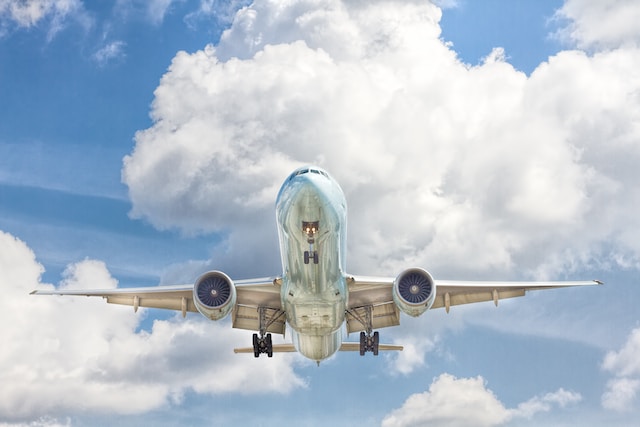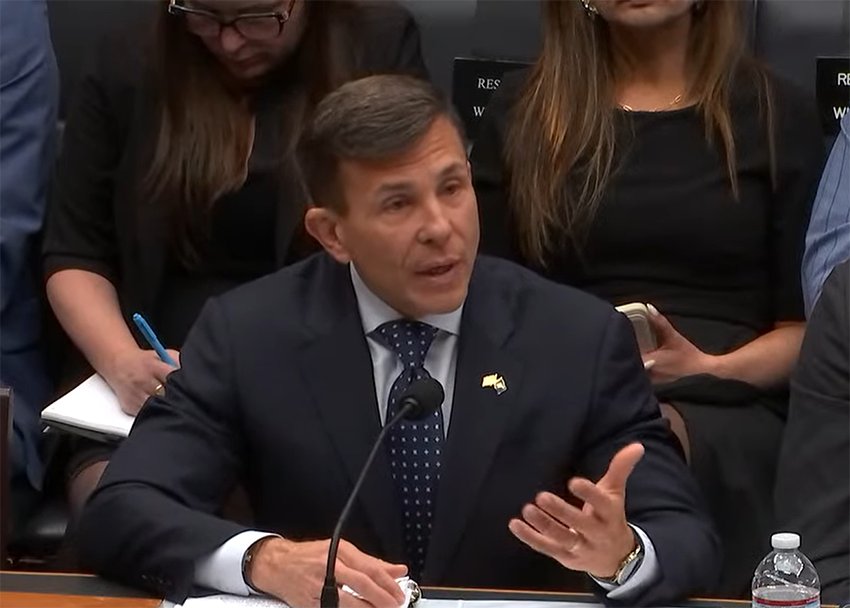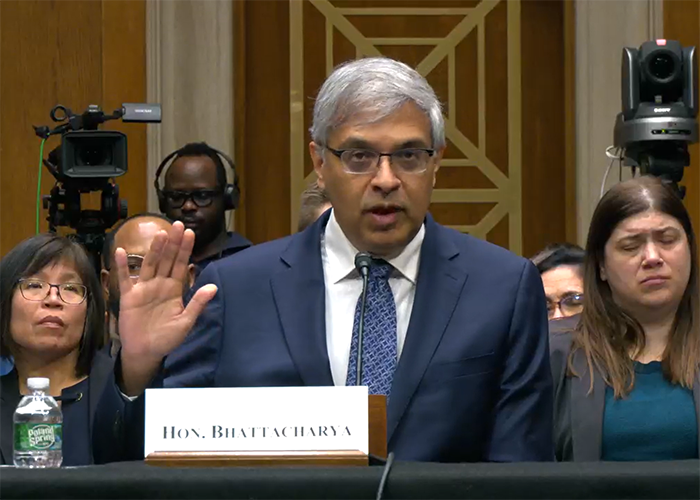Sustainable aviation fuel (SAF) production in the United States is expected to increase dramatically, from around 2,000 barrels per day (b/d) to nearly 30,000 b/d by year’s end, according to a July 17 report from the U.S. Energy Information Administration (EIA).
The increase bodes well for efforts to switch to SAF for commercial flights. This could help reduce carbon emissions from air travel by 70%. The greatest barrier to SAF adoption is said to be the limited amount of production, with SAF estimated to provide less than 0.1% of the jet fuels used worldwide.
While plants like LanzaJet’s new ethanol-to-SAF facility in Georgia are helping to drive the increase, the majority of this year’s boost in production projected by the EIA is anticipated from two major refinery projects.
“Developers expect Phillips 66’s Rodeo Renewed project to produce up to about 10,000 b/d of SAF beginning this summer, and they expect Diamond Green Diesel’s Port Arthur SAF project to produce about 15,000 b/d of SAF by the end of the year,” EIA said.
Further production boosts are expected to drive total “other biofuel” production to more than 50,000 b/d in 2050, with SAF providing a major portion of that growth, according to EIA.
How policy can support SAF
Achieving the Biden administration’s goal of producing enough SAF to meet 100% of the commercial aviation demand by 2050 will require more production.
“About 1.6 million b/d of petroleum jet fuel was consumed in the United States in 2023, and we project U.S. jet fuel demand in 2050 to exceed 2.0 million b/d in our 2023 Annual Energy Outlook,” EIA said.
Government efforts to encourage scaling up of SAF production include incentives contained in the Inflation Reduction Act (IRA). For example, the IRA would extend tax credits for cellulosic biofuels. It also provides a refundable SAF tax credit for blenders who sell biofuel, amounting to $1.25 per gallon plus additional credits based on the lifecycle emissions reduction of the biofuel as compared to petroleum-based jet fuel. Further tax incentives for clean fuel production kick in from 2025 to 2028.
The Biotechnology Innovation Organization (BIO) has long pushed for further legislation and regulation to encourage scale-up of SAF production. BIO joined the new SAF Coalition, which was established in April and seeks to promote SAF by advocating for policies to improve U.S. competitiveness in the SAF marketplace and increase domestic production.
“BIO is proud to join the SAF Coalition. We look forward to working with them as we continue our efforts to advance SAF production and adoption in the U.S.,” said John Torres, BIO’s Senior Director, Federal Government Relations, Agriculture & Environment.




